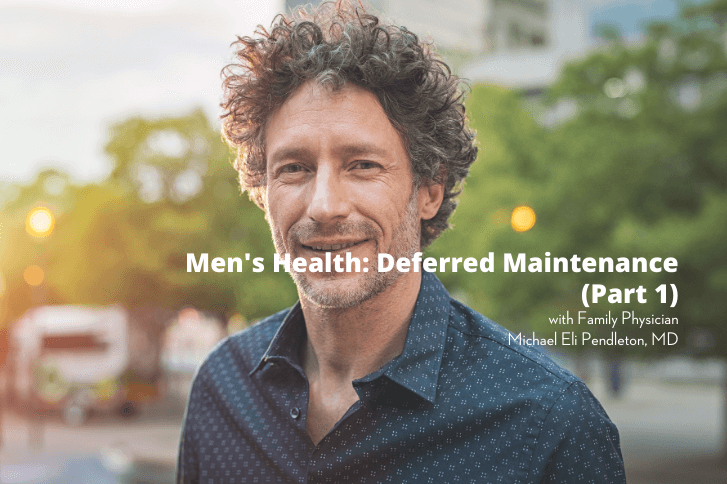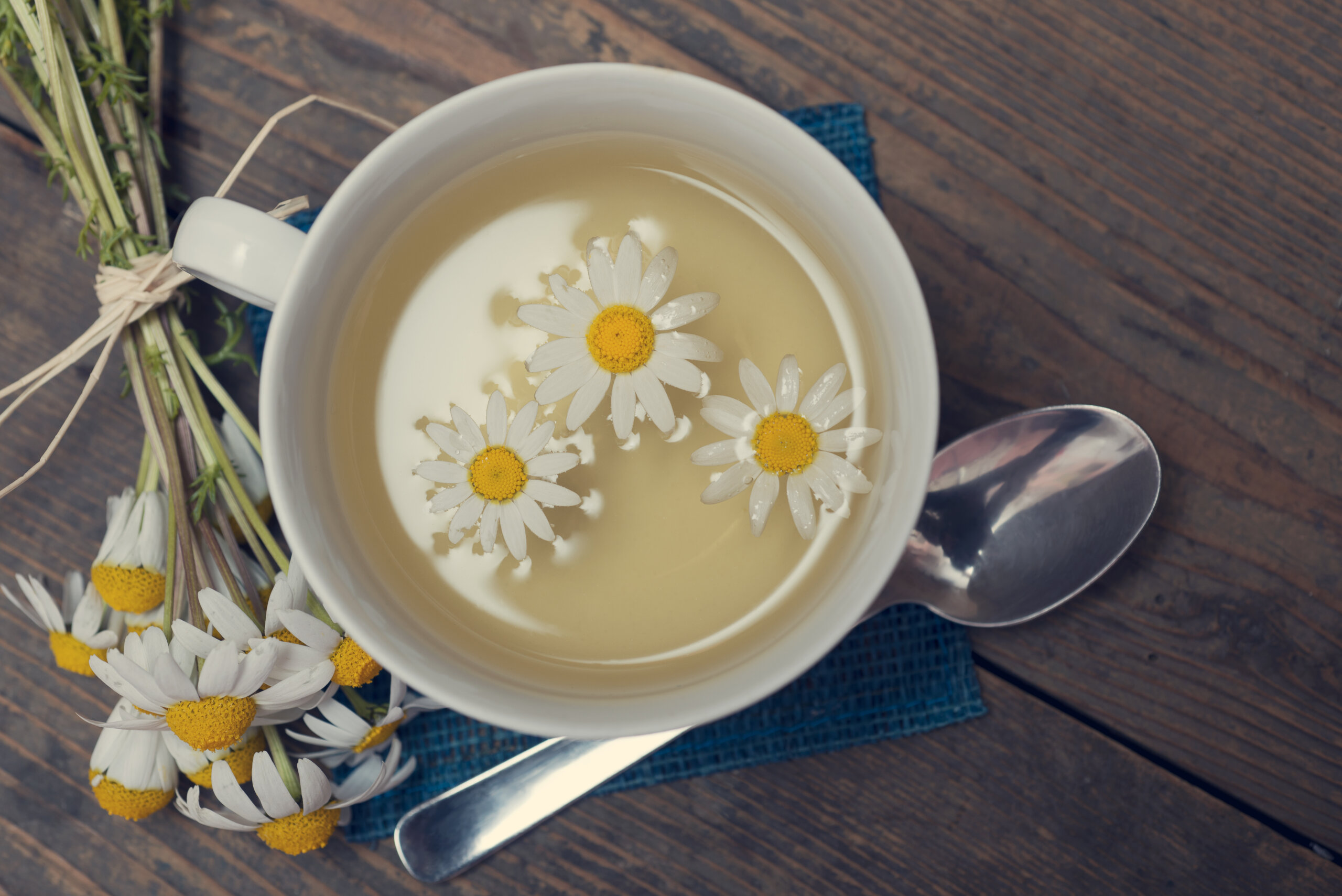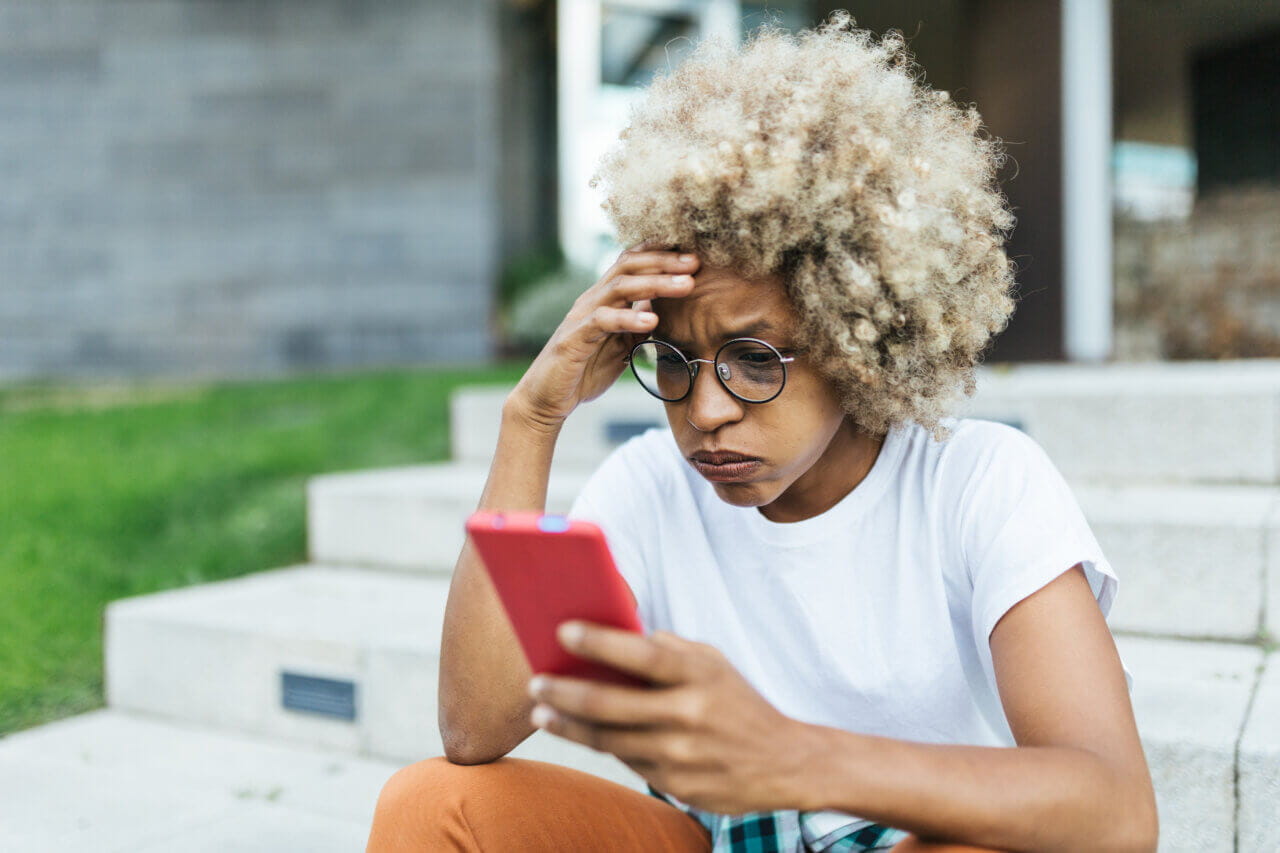Can Anxiety Cause Heart Palpitations?

If you’ve ever had to give a speech or been in a situation that makes you fearful and unsure, you’ve probably experienced a common emotion called anxiety. Anxious episodes are typically temporary with few serious symptoms or long-term health effects.
Common signs of anxiety include feelings of nervousness and tension, sweating, and an uneasy stomach. Another common symptom of anxiety is an abnormally increased heart rate, also known as palpitations. Heart palpitations can feel like your heart’s racing, pounding, or fluttering. Unless your palpitations are caused by a heart rhythm disorder, known as arrhythmia, they tend to be short-lived and harmless.
What’s the Anxiety Response?
Anxiety is a response to stress which, in itself, is a response to a perceived threat. The threat may be real, like a tornado seen while driving on the highway, or it may be one that’s built up in our minds, like a child worrying about monsters in the closet.
But anxiety’s impact isn’t only in the mind. It’s a feeling that activates your body’s autonomic nervous system (ANS), also known as the “fight or flight response.” The ANS helps regulate the functions of the:
- Heart
- Lungs
- Digestive system
- Various muscles throughout the body
The ANS works involuntarily which means, for example, that you don’t have to concentrate on your heart to have it beat faster when you’re exercising.
What’s the Individual Response?
Everyone responds a little differently to stress and anxiety. Something that makes one person anxious may have the opposite effect on someone else. You may be petrified to make a toast at a large gathering, but chances are you know people who can’t wait for their turn to grab the mic.
If you’re in a situation that’s making you anxious, heart palpitations are just one of the signs that your ANS has switched on. Other physical symptoms include:
- Rapid breathing
- Sweating
- Muscle tension
- Trembling
- Gastrointestinal problems
- Feeling exhausted
Other Causes of Palpitations
Anxiety is one cause of heart palpitations, but there are several other reasons why they could be happening, including:
- Alcohol. Having too many drinks in a night can get your heart racing. For example, people who rarely drink to excess, but do so at the occasional party may feel a fluttering in their chest later. This is sometimes referred to as “holiday heart.”
- Caffeine. Everyone responds differently to caffeine. You may enjoy three cups of coffee in the morning and feel fine, but someone else might try that and get palpitations. With the popularity of high-caffeine beverages and canned energy drinks, researchers are learning more about how high levels of caffeine can lead to heart rhythm disturbances, high blood pressure, and other problems.
- Chocolate. Palpitations can happen from eating too much in one sitting. Chocolate is particularly associated with palpitations.
- Medications. Cold medicines that contain pseudoephedrine can trigger heart palpitations and jittery feelings.
- Stress. Stressful situations can lead to anxiety, which can cause heart palpitations.
How to Stop Heart Palpitations and Anxiety
Stress and anxiety are two of the key triggers of skipped beats. To avoid palpitations, try meditation, exercise, yoga, or another stress-reducing activity. If palpitations do appear, techniques like the ones described below can help:
- Deep breathing. Sit quietly and close your eyes. Place one hand on your abdomen and breathe in slowly through your nose. Feel your abdomen move outward. Exhale through your nose or mouth, whichever feels most comfortable. Repeat.
If your heart’s racing unexpectedly, you can try to stop it yourself with one of the following maneuvers:
- Valsalva maneuver. Pinch your nose closed, close your mouth, and try to breathe out forcibly through your nose.
- Bear down. Clench your stomach muscles and your anal sphincter. Then bear down as if you’re having a bowel movement. (This is another way to do the Valsalva maneuver.)
- Cold water. Splash cold water on your face, or immerse your face in a sink or large bowl filled with cold water.
The Valsalva maneuver, bearing down, and cold water stimulate the vagus nerve, which helps control the heart rate. Deep breathing helps relax you and ease the stress and anxiety that can come with palpitations.
If none of these work, have someone drive you to an emergency room or call 911.
When to Talk to Your Doctor
If you’re experiencing heart palpitations, it’s important to see a doctor so treatment can start as soon as possible. See a doctor immediately if palpitations:
- Occur frequently
- Last for extended periods of time
- Have no known cause or trigger
Take a Heart Health Risk Assessment
To understand more about your heart health, take a health risk assessment at Baptist Health.
Next Steps and Useful Resources:
Antioxidants for Heart Health
The Relationship Between Diabetes and Heart Disease
What’s The Link Between Caffeine and Cardiovascular Health?



